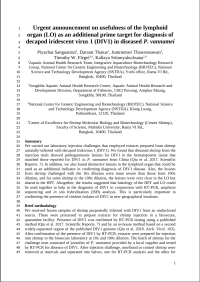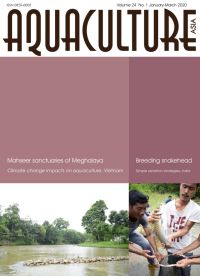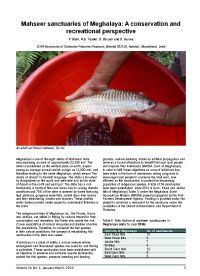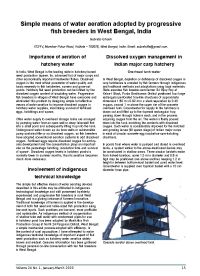We carried out laboratory injection challenges that employed extracts prepared from shrimp naturally-infected with decapod iridovirus 1 (DIV1). We found that diseased shrimp from the injection trials showed pathognomonic lesions for DIV1 in the hematopoietic tissue that matched those reported for DIV1 in P. vannamei from China (Qiu et al. 2017. Scientific Reports. 7). In addition, we also found distinctive lesions in the lymphoid organ that could be used as an additional indicator in confirming diagnosis of DIV1 disease. Also, the lesions from shrimp challenged with the 10x dilution were more severe than those from 100x dilution, and for some shrimp in the 100x dilution, the lesions were very clear in the LO but absent in the HPT. Altogether, the results suggested that histology of the HPT and LO could be used together to help in the diagnosis of DIV1 in conjunction with RT-PCR, amplicon sequencing and in situ hybridization (ISH) analysis. This is particularly important in confirming the presence of virulent isolates of DIV1 in new geographical locations.
In this issue:
Mahseer sanctuaries of Meghalaya: A conservation and recreational perspective; Impacts of climate change on aquaculture in Vietnam: A review of local knowledge; Simple means of water aeration adopted by progressive fish breeders in West Bengal, India; Breeding striped snakehead (Channa striata) using the concrete tank method in the Cangkringan Area, Special Region of Yogyakarta; NACA Newsletter.
This article presents available information regarding the present status of chocolate mahseer and the conservation measures been undertaken in the East Garo Hills of Meghalaya. A total of 54 sanctuaries have been established since 2012 in Garo, Khasi and Jaintia hills under the Meghalaya State Aquaculture Mission project of the Fish Farmers Development Agency. The sanctuaries have been established with the objective to preserve and enhance aquatic biodiversity, protect indigenous fish species, preserve breeding and feeding grounds, and serve as tourist attractions to provide livelihood opportunities.
Vietnam has a vast coastline which exposes it to typhoons and flooding. Farmers are at the frontlines of experiencing climate change as their livelihoods are intrinsically linked with the natural environment. Our study collected local knowledge of aquaculture farmers living in South Central Vietnam. The purpose of the interviews was to gather firsthand knowledge on current climate change impacts experienced by farmers, as well as which climate change threats they are most concerned about, and how they are adapting to these threats.
In India, West Bengal is the leading state in hatchery-based seed production (spawn, fry, advanced fry) of major carps and other economically important freshwater fishes. Dissolved oxygen is the most critical parameter of water quality and basic necessity in fish hatcheries, nursery and grow-out ponds. Hatchery fish seed production can be limited by the dissolved oxygen content of circulating water. Progressive fish breeders in villages of West Bengal have overcome and eliminated this problem by designing simple but effective means of water aeration to improve dissolved oxygen in hatchery water supplies, maximising survival of fertilised eggs, hatchlings and spawn. This article describes some of the techniques that have been adopted using low-cost and recycled materials.




